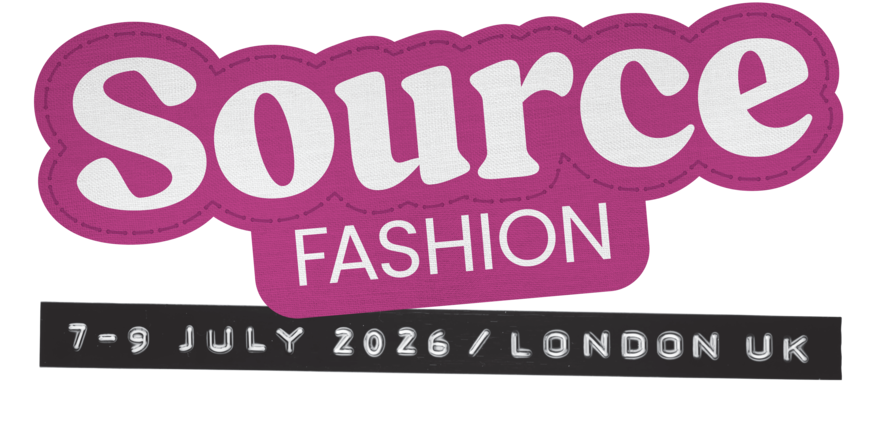Gloomy weather affects consumer spending, April's Retail Round Up
)
Headline inflation eased to 10.1% in March from 10.4% in February but remained close to a 40-year high and above the 9.8% forecast by economists. However, inflation is still set to drop sharply from the middle of the year as wholesale energy prices fall.''
Both regular pay and total pay declined 2.3% and 3.0% YoY respectively in real terms in the three months to February (ONS), but consumer confidence increased six points to a 15-month high of -30 in April (Fig 1). The GfK Major Purchase Index increased five points to -28 in the month.'
These rises have been driven by robust wage growth and extended government energy bill support, as well as growing optimism at the prospect of inflationary pressures easing.'
However, both measures remain firmly in negative territory, and the impact of changes to consumer confidence on spending typically lags by around three to six months, pointing to entrenched recessionary behaviour in the near-term.'
'
Fig 1: UK consumer confidence and business confidence both increased in April'
'
Source: GfK, Lloyds'
Business confidence rose 1 point to an 11-month high of 33% in April (Lloyds), driven by greater optimism about the economy. Retail business confidence fell to 24% from 32% in March but remains significantly higher than the lows recorded throughout much of 2022.'
Record high food inflation curbs discretionary spending'
Retail sales increased 6.0% YoY in March (Retail Economics). However, when double-digit inflation is factored in, it points to a thirteenth consecutive month of declining sales values (Fig 2). Food inflation surged to 19.1%, up from 18.0% in February, putting further downward pressure on discretionary incomes and discouraging non-essential spending.'
Fig 2: Retail sales value and volume growth has detached due to high inflation'

